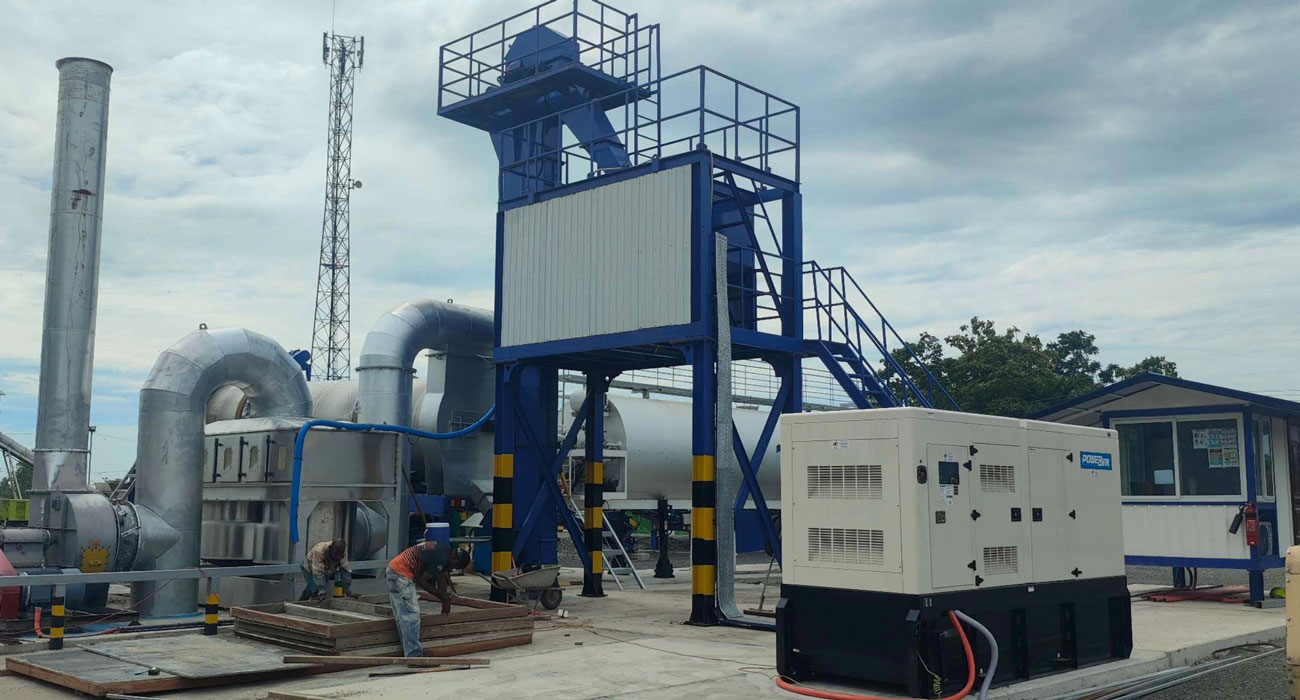The asphalt industry is continuously evolving, with advancements in technology paving the way for improved efficiency and performance. One of the most promising innovations on the horizon is superconducting technology, particularly in the context of electromagnetic equipment used in asphalt mixing plants. This article explores the potential applications of superconducting technology, focusing on its benefits from a user perspective.

Enhanced Efficiency in Electromagnetic Equipment
Superconducting technology can significantly enhance the efficiency of electromagnetic equipment within asphalt mixing plants. Traditional electromagnetic systems face challenges such as energy losses due to resistance, which can lead to higher operational costs. By utilizing superconducting materials, which exhibit zero electrical resistance at extremely low temperatures, asphalt plants can achieve unprecedented energy efficiency.
For example, in drum mix asphalt plants, superconducting magnets can be used to create more powerful and efficient stirring mechanisms. This improved efficiency not only optimizes the mixing process but also reduces the overall energy consumption of the plant. Consequently, operators can expect lower utility bills and an enhanced return on investment, making it a financially viable option for both stationary and mobile asphalt plants.

Improved Performance and Reliability
The application of superconducting technology in asphalt mixing plants can also lead to improved performance and reliability of equipment. Superconductors are known for their ability to handle high currents without losing energy, which translates to more stable and consistent operations. This is especially crucial for asphalt batch plants, where precise temperature control and consistent mixing are vital for producing high-quality asphalt.
Moreover, the robustness of superconducting materials can reduce maintenance needs and downtime. For operators of small portable asphalt plants and mini asphalt mixing plants, this reliability means fewer interruptions and more time dedicated to production. This is a significant advantage, particularly in competitive environments where meeting project deadlines is critical.

Environmental Benefits and Sustainability
Integrating superconducting technology into the electromagnetic systems of asphalt mixing plants aligns with the industry's growing focus on sustainability. By significantly reducing energy consumption, superconductors contribute to lower carbon emissions, supporting environmental goals. This is especially relevant for operators of hot mix asphalt plants and cold mix asphalt plants who are increasingly under pressure to adopt greener practices.
Additionally, the potential for superconducting technology to facilitate more efficient heat management can lead to further energy savings. For instance, by optimizing the heating processes involved in asphalt production, plants can minimize waste and enhance overall resource utilization. This approach not only benefits the environment but also helps companies improve their public image and comply with evolving regulatory standards.

In conclusion, the potential application of superconducting technology in the electromagnetic equipment of asphalt mixing plants offers transformative benefits. By enhancing efficiency, improving performance, and promoting sustainability, this technology aligns with the evolving needs of the asphalt industry. As the market continues to advance, embracing superconducting innovations will be essential for companies aiming to enhance their competitiveness and operational effectiveness.
Tags: Asphaltplant Drummixplant Batchmixplant